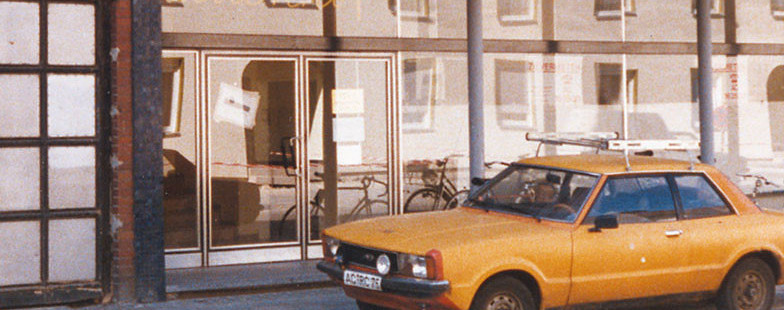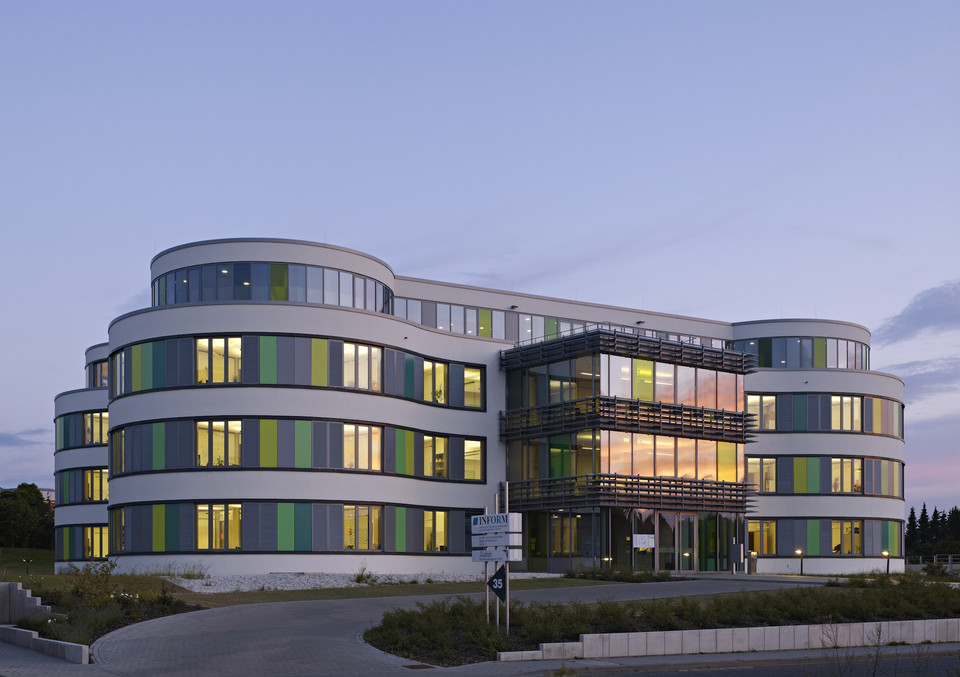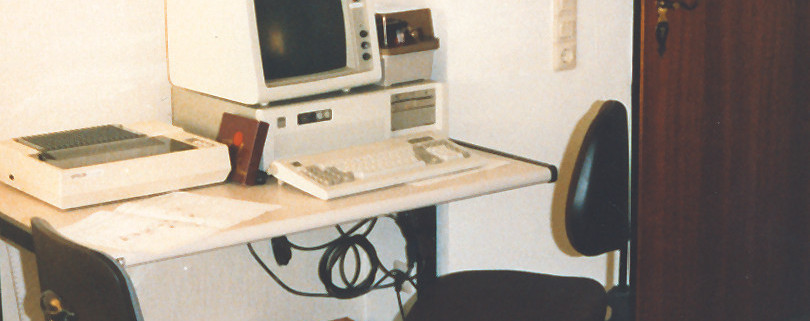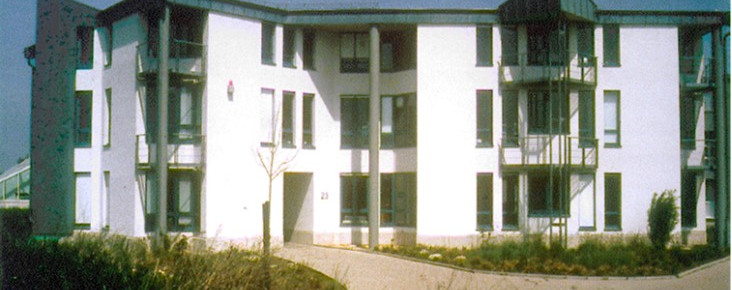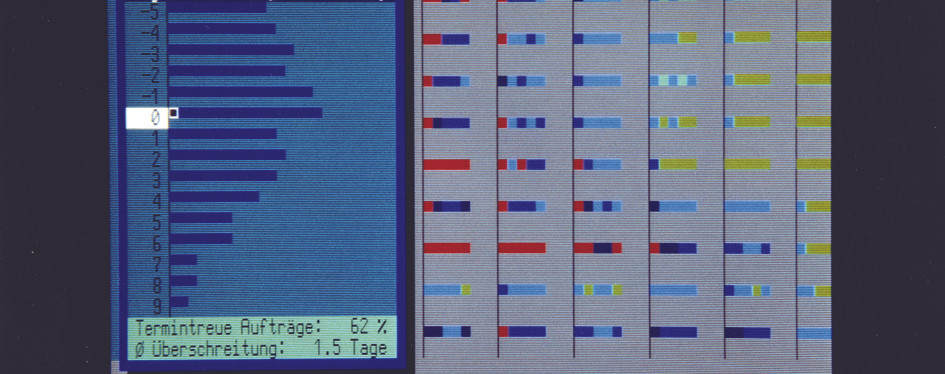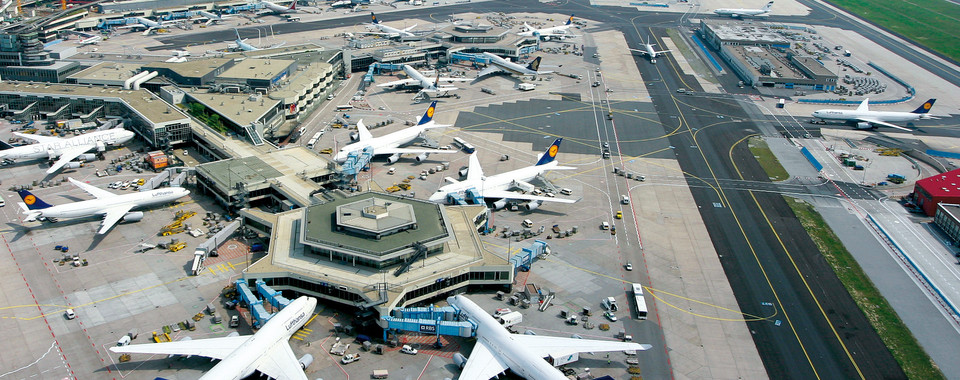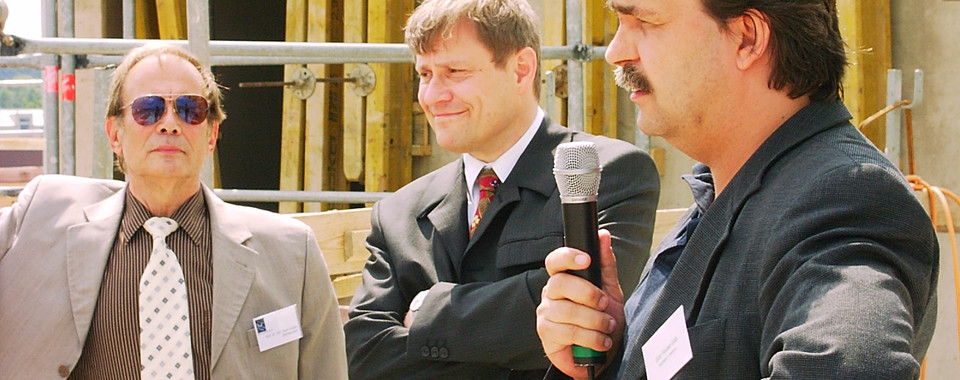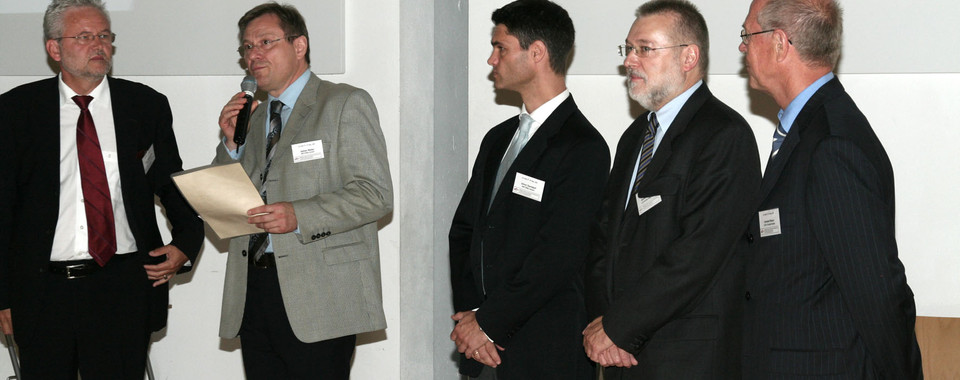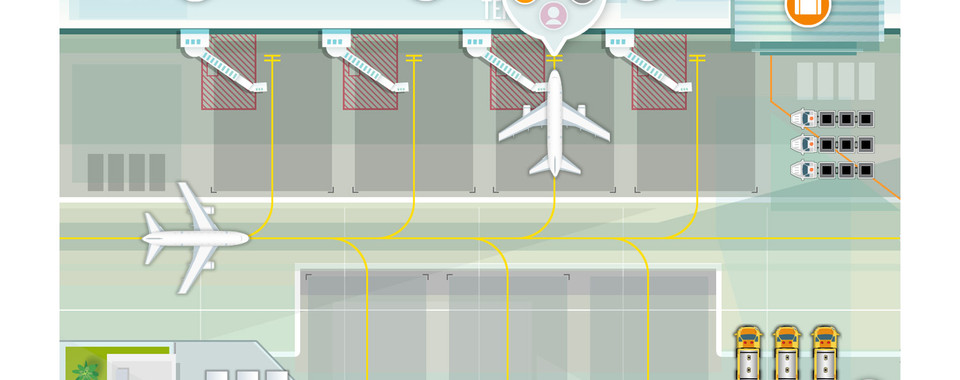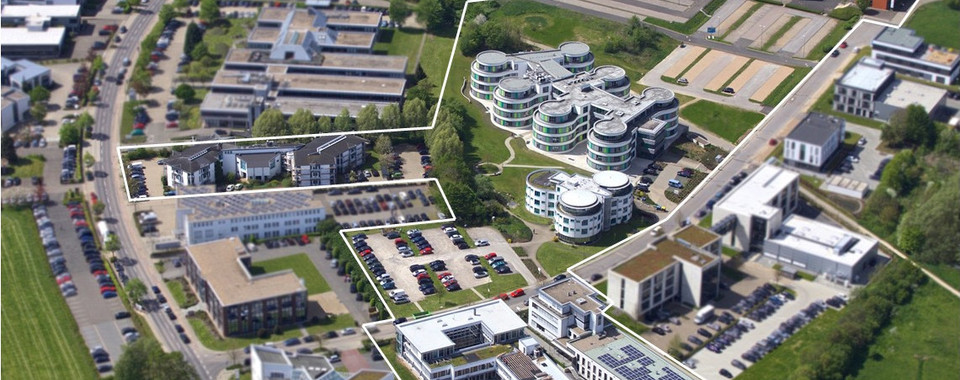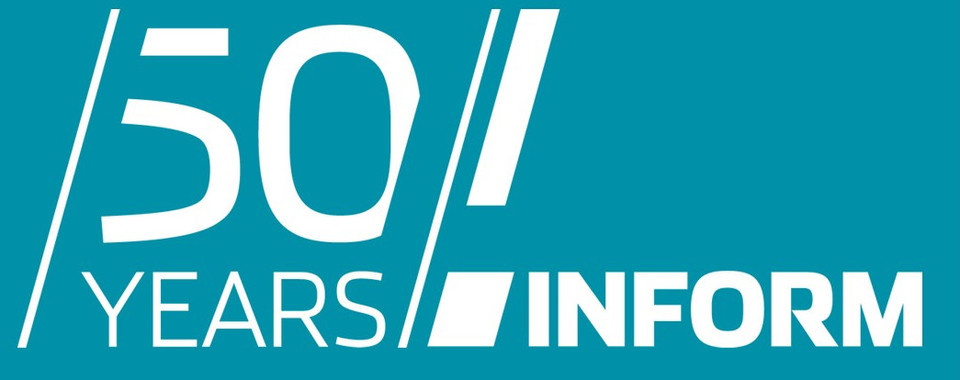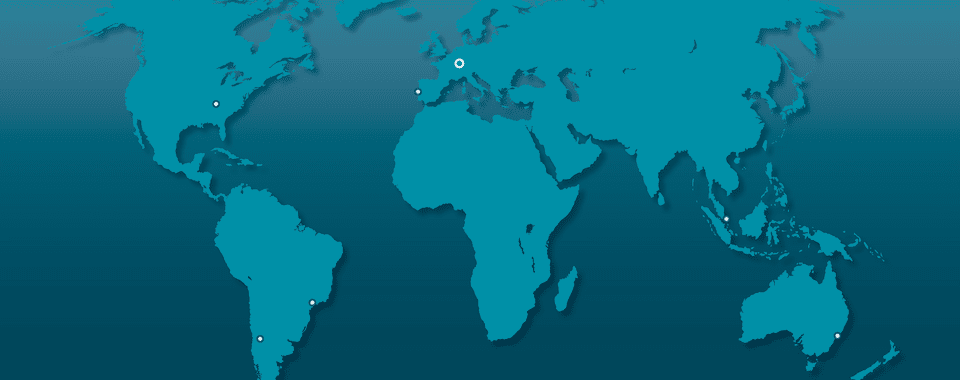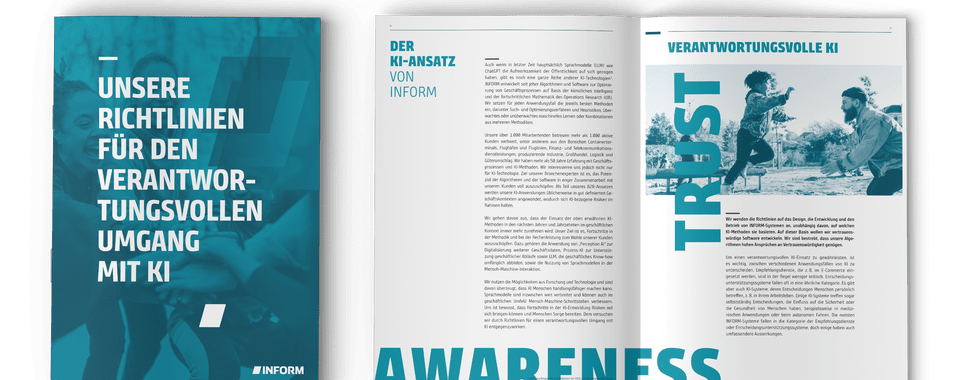Few other European-based software companies still in existence can claim to be more experienced than INFORM: Our journey dates back to March 1969. That is when Professor Hans-Jürgen Zimmerman, Chair of Operations Research at RWTH Aachen University in Germany through 1998, founded INFORM (Institute for Operations Research and Management). His goal was to demonstrate the entrepreneurial added value of intelligent algorithms as a core business activity. Back then, the term AI was hardly known, and digital data was lacking.
Fast forward to the present and our software is optimizing billions of decisions every day in a cross-section of industries, from aviation, transportation, and logistics, to financial, manufacturing, and telecommunications. It is used for diverse applications, including demand and production planning, workforce management, logistics and transportation, inventory management, risk management, and financial fraud prevention.
